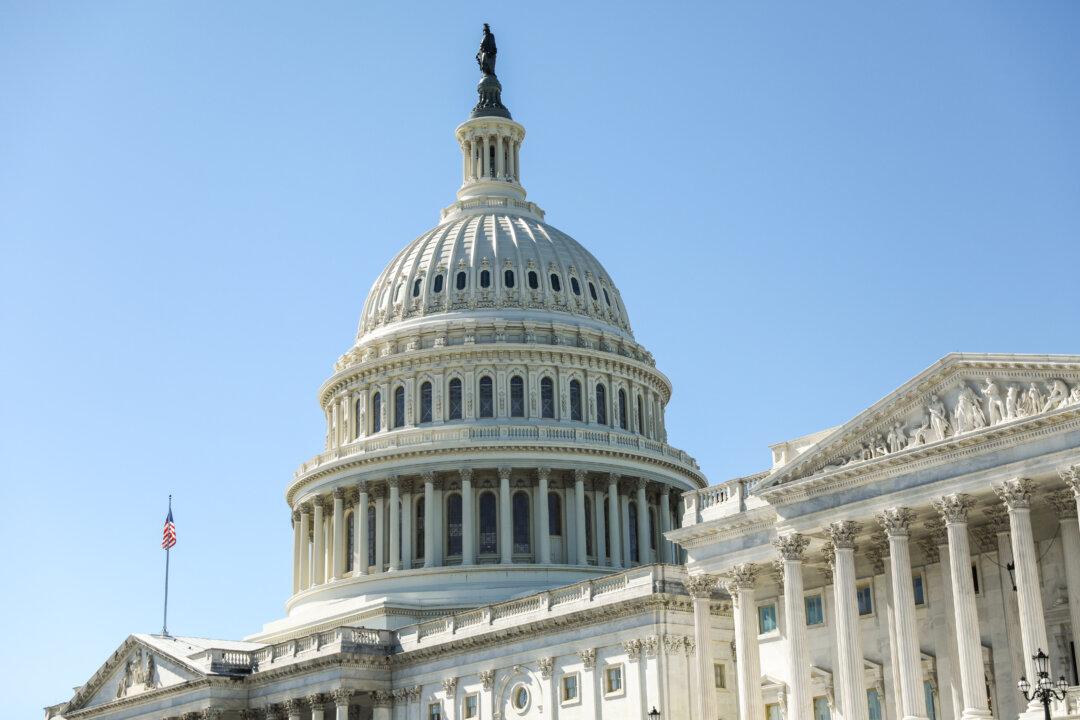Multiple provisions of the Respect for Marriage Act the Senate is expected to approve after Thanksgiving threaten thousands of Christian churches, as well as faith-based social service agencies and businesses, with the loss of their federal tax exemption, according to legal experts interviewed by The Epoch Times.
The threat isn’t directly stated in the proposal but rather is a result of the proposal’s addition of a new limitation on religious practice and expression. The proposal repeals the 1993 Defense of Marriage Act—which defines marriage as between one man and one woman—and instead recognizes unions of any two individuals, consistent with the Supreme Court’s 2015 Obergefell v. Hodges decision.





